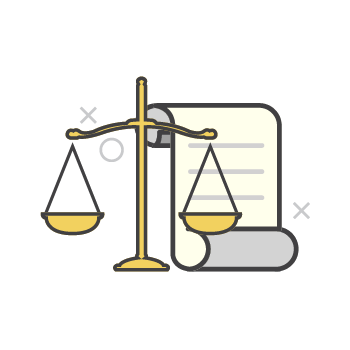Beating Brain Fog: What It Is and How You Can Feel Less Mentally Muddled
by Yello Apr 8, 2019

If you’re experiencing muddled thinking, an inability to concentrate, problems with memory or mental fatigue, you may be experiencing brain fog.
Brain fog is a type of cognitive dysfunction.
While not a medical condition in and of itself, it is symptomatic of other, potentially more serious, medical conditions.
If you’re experiencing brain fog, here’s what might be causing it and the steps you can take to feel better.
Stress
Everyone deals with stress, but consistent or severe worrying triggers the body’s fight or flight mode. During this stress-response, the brain is on edge and anticipates danger, weakening your ability to concentrate or recall memories.
- Start a meditation or mindfulness practice to help you wind down.
- Avoid excessive social media scrolling.
- Take a break if you need it and don’t be afraid to ask for support.
Chronic Fatigue
Adequate sleep is crucial for optimal brain functioning. You may have trouble focusing if you haven’t been sleeping the recommended seven to nine hours per night, or if your sleep is frequently interrupted.
- Avoid looking at your phone right before bed, or sleeping with your phone.
- Avoid caffeine or other stimulants after midday.
- Engage in regular exercise.
- Try a natural sleep aid like cherries, chamomile or lavender.
Nutrition
Like any other part of your body, your brain needs the right diet to function properly. A lack of proper nutrients or an excess of inflammatory foods may be impacting your brain. Sensitivities or allergies to foods can also cause mental fog.
- Stay away from trigger foods whenever possible.
- Get sugars from natural sources rather than processed candies or carbohydrates like muffins and pastries.
- Include protein and healthy fats in your diet like avocado or eggs cooked in coconut or extra virgin olive oil.
- Try a brain-health supplement like vitamin B12.
Auto-Immune Illness
Brain fog may be a sign that your body is suffering from a bigger problem. There are over 100 auto-immune illnesses that decrease the body’s ability to fight infection and cause the immune system to attack itself. If your brain fog is consistent or you’re suffering from other symptoms, it’s important to see a doctor who can help diagnose you.
- Visit your doctor. Treatments for auto-immune illnesses vary.
- Some health experts recommend trying an elimination diet. This involves removing common trigger foods to reset the body. After a specified period, usually one to two months, foods are reintroduced to test how the body responds and identify sensitives.
Hormonal Changes
Changes in hormones can affect cognitive performance. If you have recently started a new form of birth control, are pregnant, or have started menopause, your estrogen and progesterone levels could be impacting your brain function.
- Speak to your doctor about your birth control if you think it may be causing brain fog.
- Hormone supplements may help menopausal women. Talk to your doctor about whether they are right for you.
Brain fog can feel disorienting. If you’re experiencing forgetfulness, a lack of focus or an inability to think clearly, it could be due to one of these reasons.
As always, it’s important to speak to qualified medical personnel to accurately diagnose any health-related issues.
Sources: Healthline, WebMD, and Aviva Romm.








